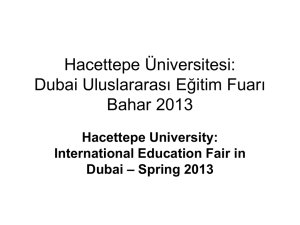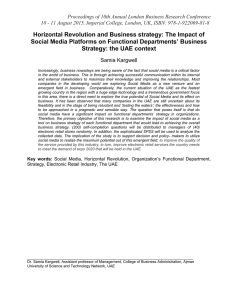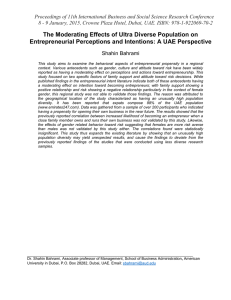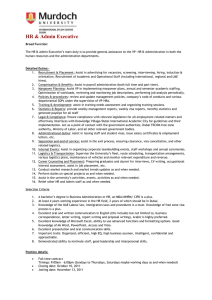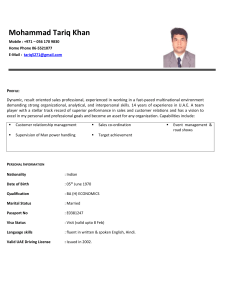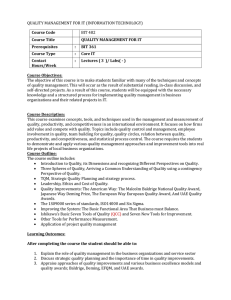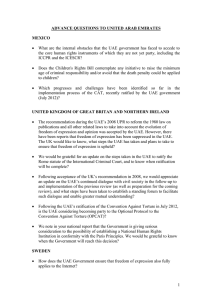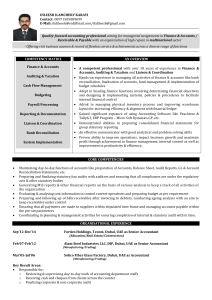The Telecommunications Regulatory Authority (TRA) implements an
advertisement
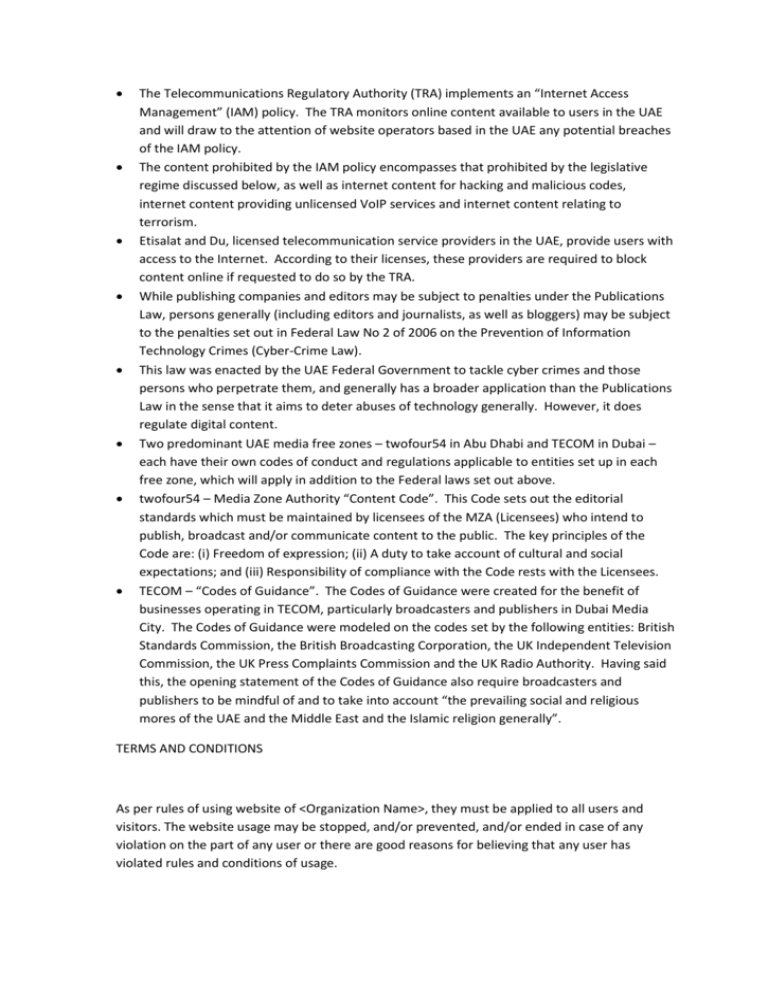
The Telecommunications Regulatory Authority (TRA) implements an “Internet Access Management” (IAM) policy. The TRA monitors online content available to users in the UAE and will draw to the attention of website operators based in the UAE any potential breaches of the IAM policy. The content prohibited by the IAM policy encompasses that prohibited by the legislative regime discussed below, as well as internet content for hacking and malicious codes, internet content providing unlicensed VoIP services and internet content relating to terrorism. Etisalat and Du, licensed telecommunication service providers in the UAE, provide users with access to the Internet. According to their licenses, these providers are required to block content online if requested to do so by the TRA. While publishing companies and editors may be subject to penalties under the Publications Law, persons generally (including editors and journalists, as well as bloggers) may be subject to the penalties set out in Federal Law No 2 of 2006 on the Prevention of Information Technology Crimes (Cyber-Crime Law). This law was enacted by the UAE Federal Government to tackle cyber crimes and those persons who perpetrate them, and generally has a broader application than the Publications Law in the sense that it aims to deter abuses of technology generally. However, it does regulate digital content. Two predominant UAE media free zones – twofour54 in Abu Dhabi and TECOM in Dubai – each have their own codes of conduct and regulations applicable to entities set up in each free zone, which will apply in addition to the Federal laws set out above. twofour54 – Media Zone Authority “Content Code”. This Code sets out the editorial standards which must be maintained by licensees of the MZA (Licensees) who intend to publish, broadcast and/or communicate content to the public. The key principles of the Code are: (i) Freedom of expression; (ii) A duty to take account of cultural and social expectations; and (iii) Responsibility of compliance with the Code rests with the Licensees. TECOM – “Codes of Guidance”. The Codes of Guidance were created for the benefit of businesses operating in TECOM, particularly broadcasters and publishers in Dubai Media City. The Codes of Guidance were modeled on the codes set by the following entities: British Standards Commission, the British Broadcasting Corporation, the UK Independent Television Commission, the UK Press Complaints Commission and the UK Radio Authority. Having said this, the opening statement of the Codes of Guidance also require broadcasters and publishers to be mindful of and to take into account “the prevailing social and religious mores of the UAE and the Middle East and the Islamic religion generally”. TERMS AND CONDITIONS As per rules of using website of <Organization Name>, they must be applied to all users and visitors. The website usage may be stopped, and/or prevented, and/or ended in case of any violation on the part of any user or there are good reasons for believing that any user has violated rules and conditions of usage. Users shall not be permitted to violate or attempt to violate the applicable procedures and regulations for protecting the website including but not limited to the following: • Accessing details that are not intended to be provided to this user or logging into a server or an account that the user is not authorized to access. • Attempting to conduct any test or survey for finding weakness of any system or network of <Organization Name> or violating applicable procedures or documenting them without an official permit from <Organization Name>. • Attempting to interfere in the provided service on the part of any user, host or network including but not limited to placing a virus on the website, increasing load to or immersing it, sending commercial messages to it or avalanching it with electronic messages or even destroying it. • Sending unwanted electronic messages to the website including commercials and/or advertisements on services or products or falsifying any dispatch control protocol package address/internet protocol or any part of the address details in any electronic message or sending news messages. • Using website of <Organization Name> by any means for sending an e-mail, anything of it or on its behalf, by referring to it, or assuming the identity of its name involving offense or libel of <Organization Name>, website or any person whomsoever, announcing any untrue news or information and ascribing it to <Organization Name> unrightfully. • Violating rules of usage, system or network shall expose the involved person to civil and criminal liability. Cases of such violations shall be investigated and the person involved shall be legally prosecuted.
